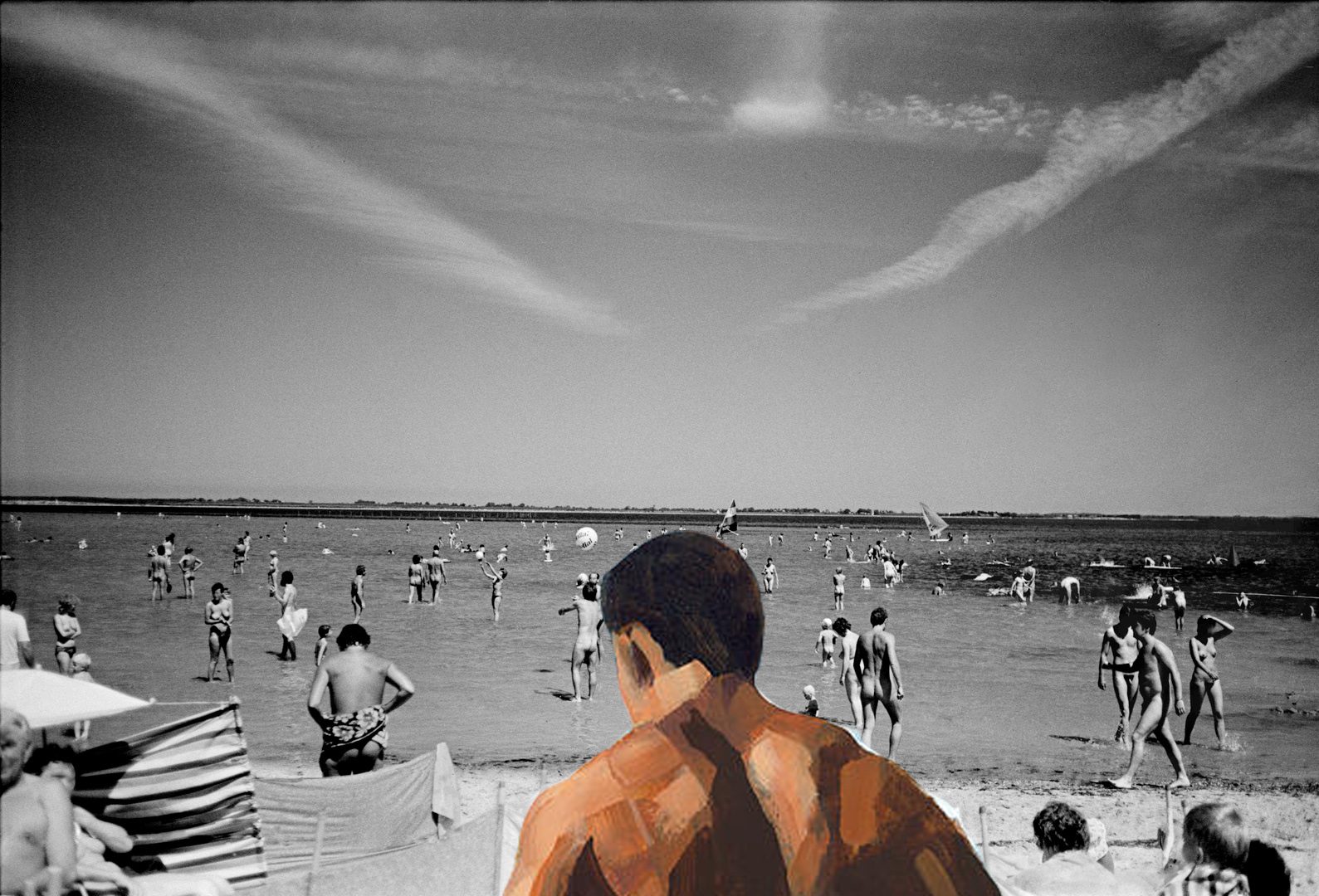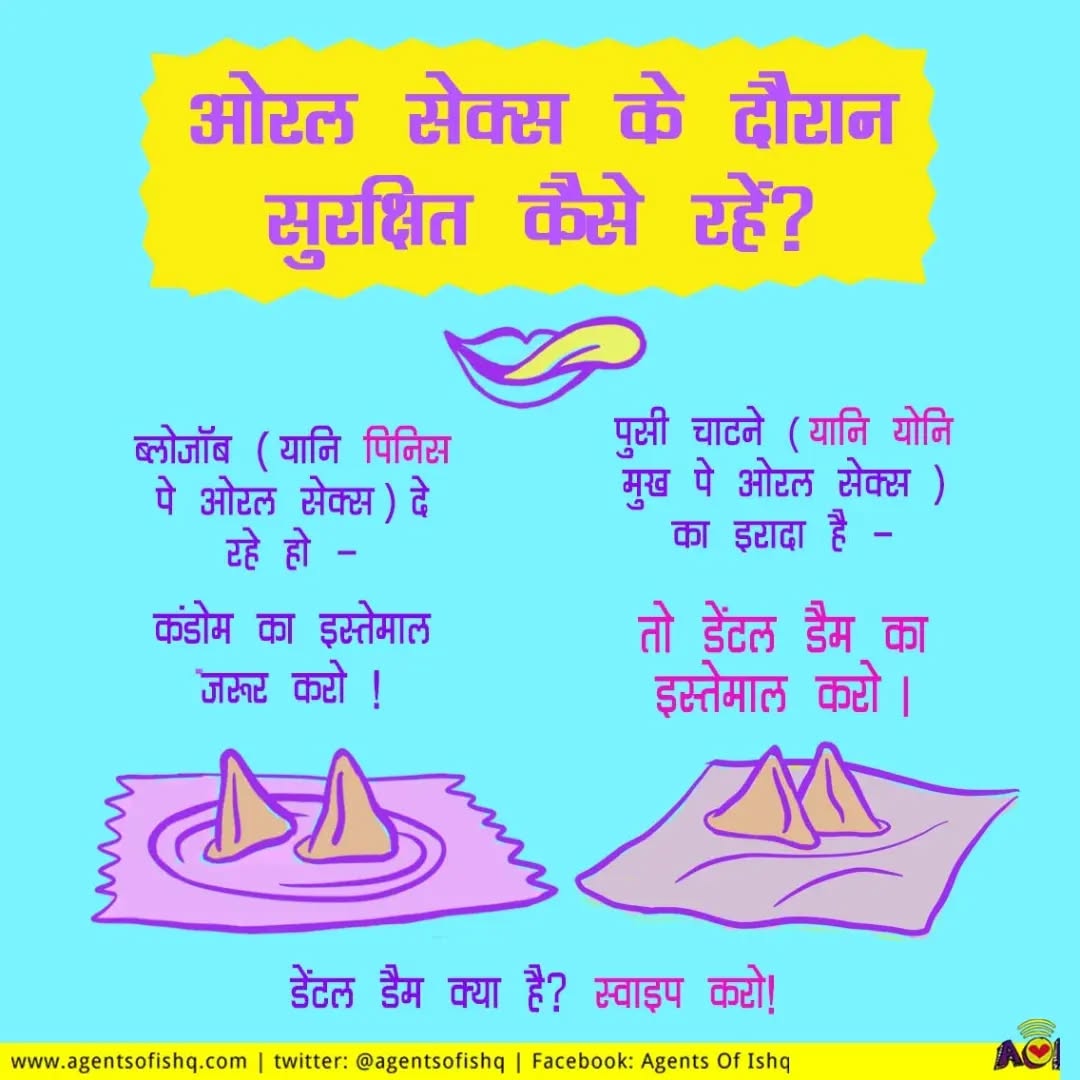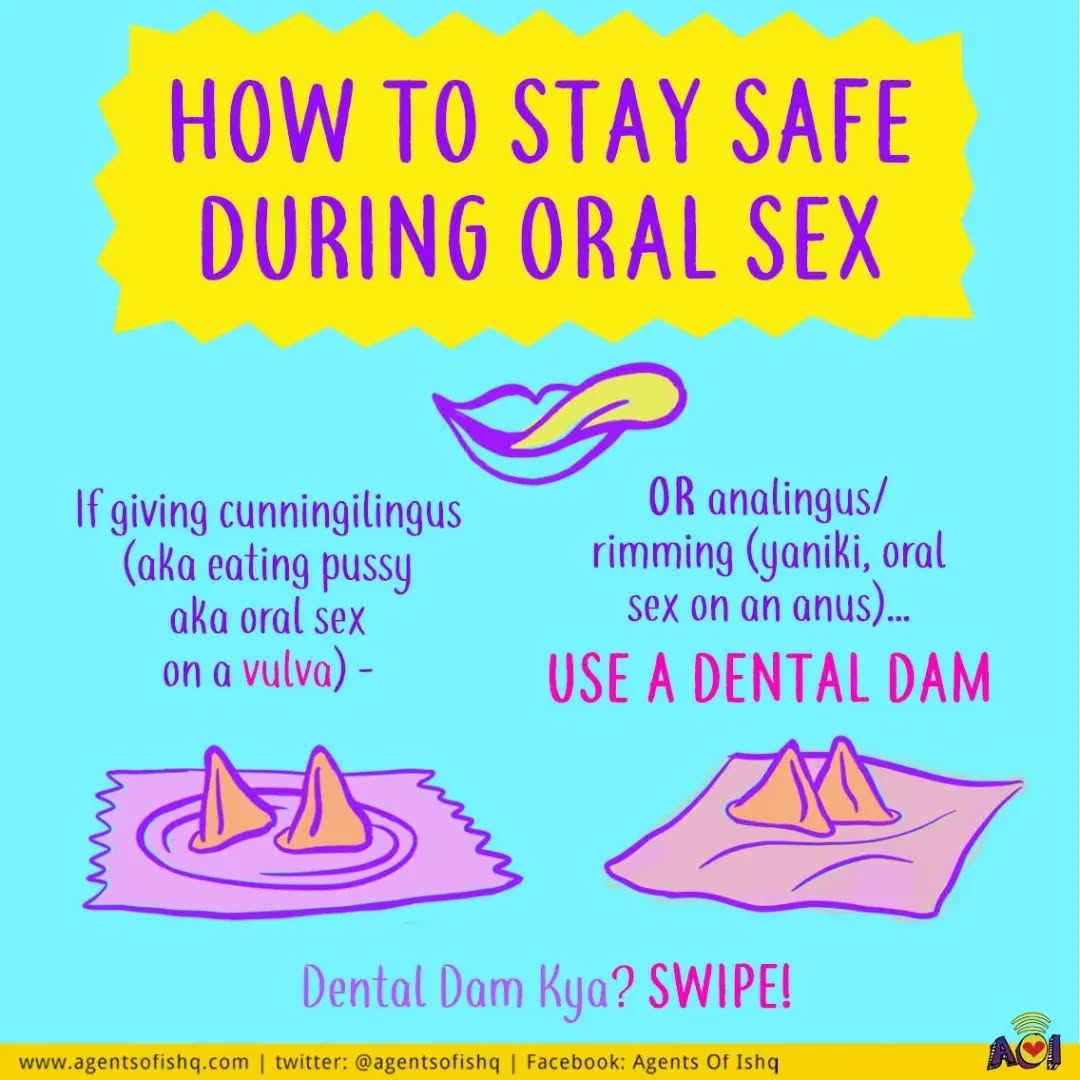It was the last week of June and the sun over Wannsee Lake was a toasty warm, the breeze cool, and the water brilliant blue. I picked a spot I liked, spread out my beach towel, placed my flip-flops on its ears to keep the wind from boxing them, smoothened out the crimps, and, with my eyes fixed firmly on the horizon, started to undress myself.

And just as I took the last piece of clothing off my body, all the big and little insecurities that had been stored in subcutaneous parts of my consciousness came rushing out. I felt ugly, awkward and simply unnatural. Why on earth do they call this 'naturism', I wondered.
Yet, all around me were people of all shapes and sizes, from potato sacks to Oscar statuettes, lolling in the sand, lounging in their wicker strandkorbs, eating sandwiches smeared with onion jam and taking brisk walks with the sun shining on their every part. They seemed least bothered about what I or anyone else thought about their body. In fact, they looked so comfortable in their skin that you would think they had never known what fabric felt like.The German proclivity for getting naked is well known and there are few places where it is more on display than in Berlin. 'FKK' or Freikorperkultur, which roughly translates to 'free physical culture' and is today the shorthand for a nudist space, has a long and complex social history stretching back to the imperial Wilhelmine period (1871-1918) and the postwar Weimar period (1918-1933).In his fascinating book, The Cult of Health and Beauty in Germany, historian Michael Hau describes the evolution of the 'Lebensreformebewegung', or the 'life reform movement', over these two periods when many Germans organized themselves into voluntary associations concerned with natural therapy and lifestyle reform. Supporters of the lebensreformebewegung were worried not only about the health of individuals but about the healing process of society as a whole. They believed that modern civilization, urbanization and industrialization had alienated human beings from their "natural" living conditions, leading them down a path of progressive degeneration that could only be reversed by living in accordance with human nature.
Ludwig Fahrenkrog - The Holy Hour (Die heilige Stunde), 1918
These anxieties led to popular experimentation with vegetarianism, therapeutic baths and psychotherapies; rejection of corsets and confining clothing; and explorations into "the therapeutic value of nudity and sunlight." What essentially began as an alternative response to advancements in modern medicine ("allopathy") in imperial Germany, turned into a thing of rebellious leisure practices and a rejection of social hierarchies in the new republic.In 1918, the German League for the Encouragement of Naked and Free-Swimming filed a petition for a general repeal of prohibitions against nakedness and a specific permission to swim naked. Stripped off their clothes, these Weimar life reformers argued, people would rid themselves of artificial markers of status and wealth, and be their authentic selves. Today, this laborious history has evolved into a casual and recreational non-erotic non-sexual naturism enjoyed by men, women and children across Germany (albeit more in the east than the west).It is impossible not to contrast this with the way we in India approach the Body With A Capital B and the idea of nakedness. In our cities, the body is constantly under attack. The daily mutilations of urban commute, hyper levels of pollution, deleterious diets, diminishing acreage of open spaces, heightened risks of diseases linked to lack of public hygiene and a wholly unrealistic standard of beauty, combines to make the Body a site of shame and vulnerability.For women, it is worse. The constant sense of being under a predatory male gaze and the threat of rape or sexual harassment is a daily debilitation. Amidst this, even the idea of getting naked in the open becomes perverse.Lying exposed on the warm caramel sands of the beach at Wannsee, the cool summer breeze teasing my private parts, not the slightest bit of me felt perverted. Devoid of sexual tension or fear of judgment, it felt completely natural to be naked. I felt a sense of abandon, a greater acceptance of my own body; it felt like a reclamation. I suddenly understood why so many people around the world swear by the nudist movement. I was hooked. Over the next two days I hopped across Berlin from one FKK destination to another, crisscrossing roman baths and saunas, public parks and outdoor pools. Through all of this, I explored parts of Berlin I might have never seen otherwise – the working class district of Neukolln where one of Europe's grandest bath stands, complete with Corinthian columns, gargoyles and water heated to a luxurious 28 degrees; the hip Plotzensee outdoor pool in Wedding, which sits between the Berlin juvenile detention centre and the Plotzensee Memorial to the victims of National Socialism; the Liquidrom on Mockernstrasse, a contemporary bathhouse that is redefining "urban badekultur" with its modern sauna and saltwater pool resonant with elliptical sounds; and perhaps the most memorable, a patch of ground inside the sprawling Tiergarten park which lies a stone's throw from Berlin's most famous sights – the Brandenburg Gate, the Reichstag, the Holocaust Memorial, and the Berlin Zoo – and hides a popular clothing-optional space. At Tiergarten, there isn't even a FKK sign to warn you, just a meadow dotted with naked men and women soaking in the sun as joggers, cyclists, and picnickers walk past them, unthreatened and indifferent.When I reached, I was prepared: the clothes came off without hesitation, and I spent hours luxuriating in my skin.Will this new found confidence in my body last? I don't know. What I do know is that, in the end, I got to see a bit more of Berlin...and Berlin got to see a bit more of me.A differently edited version of this piece was first published by Mint Lounge.Abhijit Dutta is a writer, and a travel editor at Mint Lounge.
Over the next two days I hopped across Berlin from one FKK destination to another, crisscrossing roman baths and saunas, public parks and outdoor pools. Through all of this, I explored parts of Berlin I might have never seen otherwise – the working class district of Neukolln where one of Europe's grandest bath stands, complete with Corinthian columns, gargoyles and water heated to a luxurious 28 degrees; the hip Plotzensee outdoor pool in Wedding, which sits between the Berlin juvenile detention centre and the Plotzensee Memorial to the victims of National Socialism; the Liquidrom on Mockernstrasse, a contemporary bathhouse that is redefining "urban badekultur" with its modern sauna and saltwater pool resonant with elliptical sounds; and perhaps the most memorable, a patch of ground inside the sprawling Tiergarten park which lies a stone's throw from Berlin's most famous sights – the Brandenburg Gate, the Reichstag, the Holocaust Memorial, and the Berlin Zoo – and hides a popular clothing-optional space. At Tiergarten, there isn't even a FKK sign to warn you, just a meadow dotted with naked men and women soaking in the sun as joggers, cyclists, and picnickers walk past them, unthreatened and indifferent.When I reached, I was prepared: the clothes came off without hesitation, and I spent hours luxuriating in my skin.Will this new found confidence in my body last? I don't know. What I do know is that, in the end, I got to see a bit more of Berlin...and Berlin got to see a bit more of me.A differently edited version of this piece was first published by Mint Lounge.Abhijit Dutta is a writer, and a travel editor at Mint Lounge.































































































































































































































































































































































































































































































































































































































































































































































































































































































































































































































































































































































































































